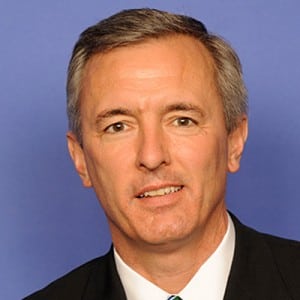
With travelers, airports and airlines increasingly irate over lengthening lines and wait times at the nation’s airport security checkpoints, House Homeland Security Committee member Rep. John Katko (R-N.Y.) on Thursday introduced a bill aimed at reducing wait times.The Checkpoint Optimization and Efficiency Act of 2016 calls for the Transportation Security Administration (TSA) to finish an ongoing assessment of its staffing allocation model to best position its human resources at airport checkpoints. The six-page bill also calls for the agency to…

 By
By 










